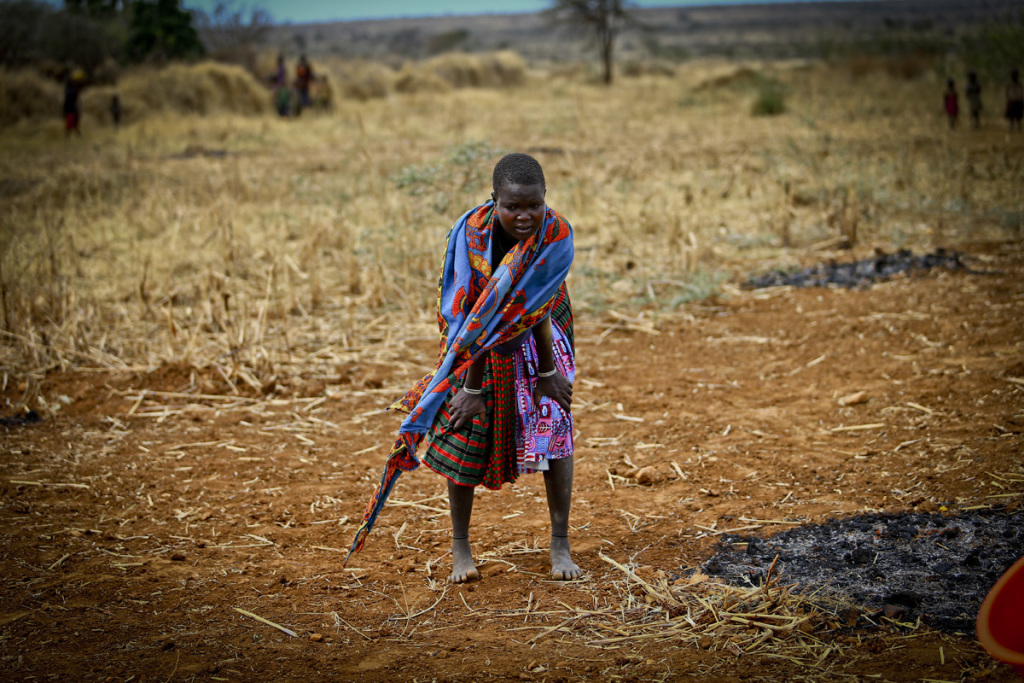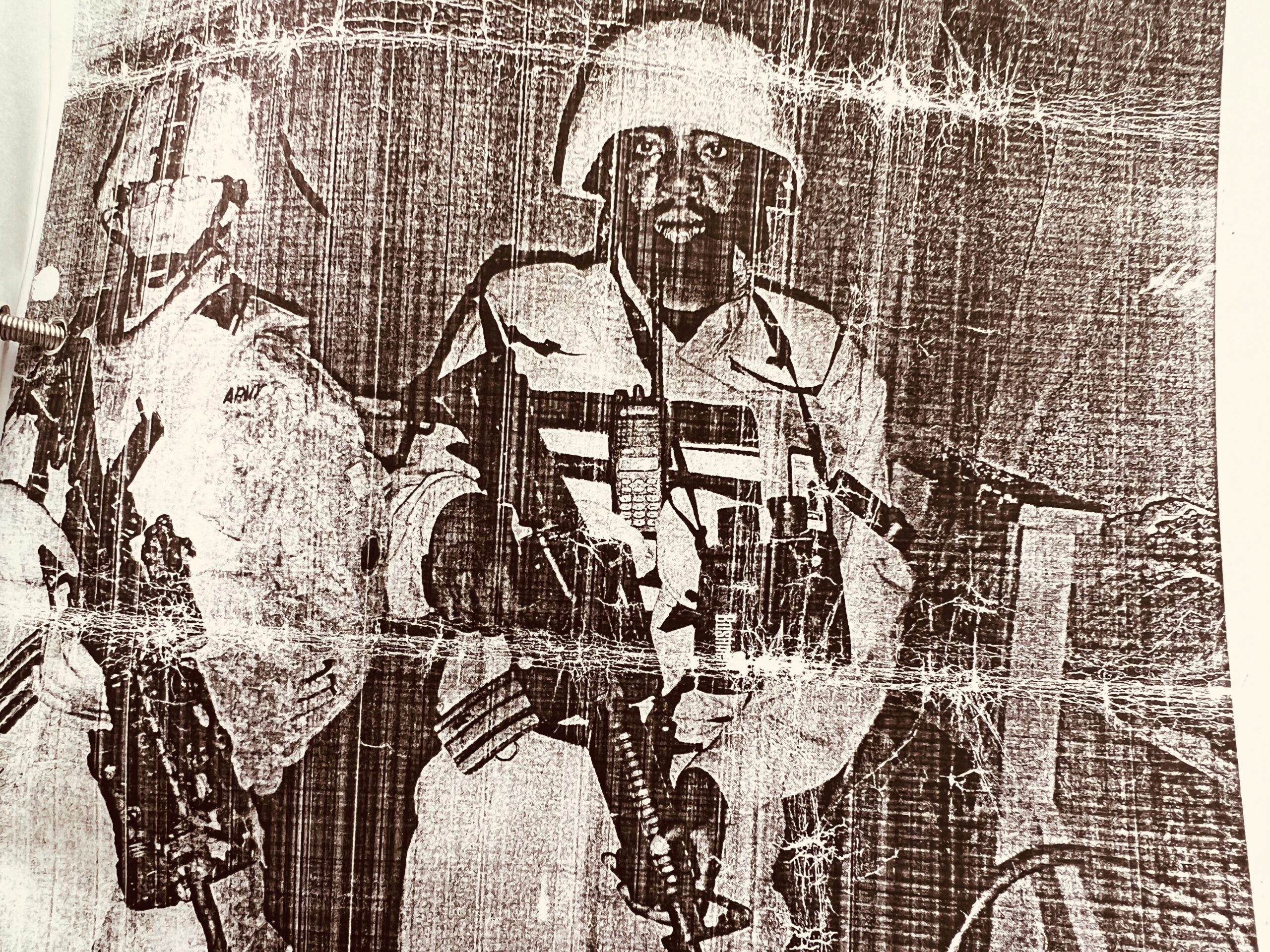This story may get to the heart of the matter. A member of the “coffee-shop” tribe whose orbit is Kampala’s ever-growing number of world class breweries, with their unformed barristers, waiters and overseers amongst whom is a blinding array of university degrees and other qualifications recounted thus. “I met a young woman who was full of dreams, laughter and hope. At the time she was a university student who told me her waitressing job was meant to see her through her studies. In short it was temporary. She moved from the coffee shop where we met, and we lost touch. Later, during the lockdown I met her at a new joint.
This was almost after 5 years. She still had a waitressing job. I asked her what her plans are. She said Arnold, there are two types of people who come to coffee shops. There will always be those, like you, who come for a service and those like me who serve you. I have accepted, despite my degree, that I belong to the class that serves.
In recent conversations, mostly as a part of my association with the Leo Africa Institute and its new offer, the Huduma public service fellowship, my invariably younger counterparts have defined their life and experience as a struggle. “Siturago” in the adopted lexicon means several things on the “streets” or the “stweets”. It covers a range of very human experiences such as the instability of the gig economy. This refers to young people being temps at most jobs and thus migrating from short opportunities where their professional contribution is required for brief periods.
So, the “siturago’ is the various states of impermanence that is in fact not a short-lived expectation.

Out of university, landing on the streets, looking for a job is the permanent preoccupation. The endless transition. The gig economy sustains it by ensuring small amounts of money for rent, transport, data, and socializing (beer and cigarettes). Depending on the sector it is also only through gigs that reputations are built, experience; no matter how short-lived is acquired and contacts extended for the potential main event- the permanent job.
It appears however that for many who have spent over five years in the gig economy that there may be less anxiety now about finding a permanent path out of it. In other words, it is respectable or even expected that a buddy will be stuck in the economic purgatory indefinitely.

There is more.
There is agreement that the “siturago” is the measure of life today. Like the classes that waitress Sarah mentioned unless you are in the pit or the trenches, then you represent the class that is likely the reason the struggle exists, the way it does. The other class are older Ugandans, parents, folks with wealth and authority, those with power to make change or from whom change is demanded. There is also a second category that is not just about the power relations involved but rather based on a schism based on one’s attitude, information and social education.
As it was translated to me over brunch set in a sophisticated patisserie – citizenship as part of the brave, unforgiving yet permanent social environment of the partially employed yet ambitious and woke “gensies” requires intentional and meaningful interaction with vulnerability. That is to respect your own vulnerability and have a state of awareness of the fragility of others.
However, on the other side the “non-young” are today majorly represented by Ugandans who a decade and a half ago were also going through their own youth experience. Those in their 40s (my generation) are less vocal about their struggle perhaps because their mortality is frequently advertised by the number of funerals as well as births they are witnesses to. The swagger has long been replaced here by a desire to find permanence in patterns of life such as stable jobs, saving schemes, visits to “my site” where the building of a home sets the upper limits of achievement or better “settlement” for the majority, a place where the road ends.
The psychology of the struggle for the older but not yet elderly borders on indifference but of a different kind. Younger Ugandans may have settled in the Siturago but it is an active indifference. They vent on corruption, bad roads, internet policies or any public examples of the short comings of the society broadcast online. But their anger is a matter of course. A new state of being, an acknowledging of “this world is not my home but a place in which I make one”. They are open to different experiences. But unlike non-young Ugandans – are also given to discussing and exploring their challenges with strangers and friends alike. It makes for meaningful and intentional relationships in which the search for the meaning of life is simply replaced by the everyday “siturago” to find meaning in life.
The conversation was about the openness of younger Ugandans to mental health challenges is important to all generations because while these challenges have been present throughout the different generations including the eras of post-independence dissonance, the collapse of the Ugandan economy after the disturbances in between 1965-75 and the civil wars that followed that affected all families and did not formally end until 2005, the generation of HIV/AIDs and so forth, today’s generation are speaking openly about it.
Published in the Africa Youth Leadership Forum newsletter ( December 2021)







